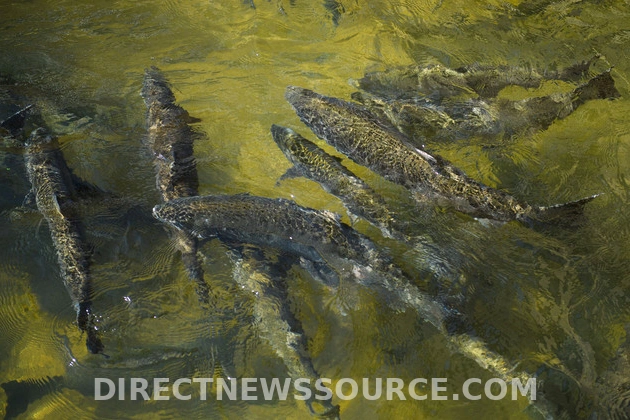
The Biden administration recently finalized new rules governing California’s water projects, marking a significant shift from the previous administration’s approach. This decision, reached just before the transition of power, has sparked debates among environmentalists, policymakers, and stakeholders.
Protecting Endangered Species
One of the key aspects of the new rules is a focus on protecting endangered fish species like the Chinook salmon and Delta smelt. The administration’s plan aims to strike a balance between water allocations for farmers and conservation efforts for these vulnerable species.
Political Backlash and Support
Unsurprisingly, the decision has received mixed reactions from different quarters. While environmental groups and some politicians have lauded the move as a step in the right direction, others have expressed concerns about the timing and potential implications for water users.
Representatives from the Central Valley have raised questions about the decision-making process and its long-term impact on water management in the region. This highlights the complex interplay between environmental conservation, agricultural interests, and governmental policies.
Future Legal Battles
Given the contentious nature of water resource management in California, it is likely that the new rules will face legal challenges. Both proponents and critics of the decision are gearing up for potential court battles to defend their respective positions.
Overall, the Biden administration’s stance on endangered species rules for California water projects sets the stage for ongoing debates and actions in the realm of environmental policy and resource management.















